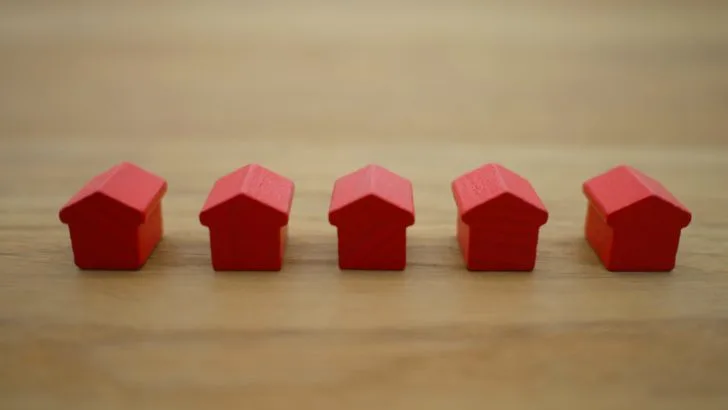With the cost of housing higher than ever, there might be times when you are wondering, “how do I get assistance for rent”? Low Income Relief has the scoop on some of the best rental assistance programs and cash assistance that can be used to pay rent.
Federal Emergency Rental Assistance
Emergency Rental Assistance was established to help those who experienced housing instability and lost income as a result of the COVID-19 pandemic. The program is federally funded, but is run by each state and locality separately.
You may be eligible if you have an agreement to pay rent to a landlord, and all of the three following conditions have been met. According to the government website for Federal Emergency Rental Assistance, it must be true that:
- “At least one member of your household has: qualified for unemployment or should qualify; lost income; owed large expenses; OR had other financial hardships
- Your household income is below a certain amount, based on where you live
- At least one member of your household is experiencing housing instability, which means they are at risk of becoming homeless or would have trouble finding a stable place to live.”
In addition to rent, the Emergency Rental Assistance program may cover utilities, home energy costs, internet, moving expenses like security deposits and application fees, and late fees.
To apply for Emergency Rental Assistance, you can search the Emergency Rental Assistance website, or call 211 or your local housing authority for help.

Section 8
Section 8, also known as the Housing Choice Voucher Program, is a federal program which is administered locally through public housing agencies (PHAs).
Section 8 allows recipients to rent, and sometimes buy, housing in the private market, as long as the rental unit meets the minimum health and safety standards set by the local PHA. Not all houses and apartments are available to rent under Section 8, as landlords must agree to rent under the program.
When an individual or family receives Section 8, they typically do not pay more than 40% of their income for rent, and the remainder is paid directly to the landlord by the local PHA.
U.S. citizens and permanent residents with a low income are eligible to apply for Section 8. The income threshold for the program is determined by each local PHA, so the income requirements will vary based on where you live. In general, if you make 50% or less than the median income for a family the size of yours, in your area, you may be eligible for Section 8.
Those who are interested in applying for Section 8 should do so through their local PHA.

Temporary Assistance for Needy Families (TANF)
Temporary Assistance for Needy Families, or TANF, is a federal program designed to help families with children fulfill their basic needs. It provides cash assistance to over one million families in the United States per year.
TANF is intended for:
- Parents with children under the age of 18
- Pregnant women
- Children 18 and under who serve as heads of household
In addition to these requirements, TANF recipients must be a resident of the state where they apply for TANF, be a U.S. citizen or legal resident, and have a low or very low income.
The amount of cash assistance that families receive varies widely by state. For example, a family of three in Arizona would receive less than $300 per month, while a family of three in New Hampshire might receive a little over $1,000 per month.
While TANF is not specifically intended as a rental assistance program, the cash assistance provided by TANF can be used to help cover housing costs. TANF cash assistance is meant to be used to help meet your family’s basic needs in whatever way you need.
It is also important to know that TANF recipients must be engaged in “work activities” for a certain number of hours per week. Work activities don’t just include traditional jobs (i.e. work performed for wages). Activities like vocational training, job search and job readiness assistance, and community service usually count as well.
If you’re wondering, how do I get assistance for rent?, these are just three programs that might be able to help. For additional information and assistance about programs in your area, try calling 211 to speak to a United Way representative.

